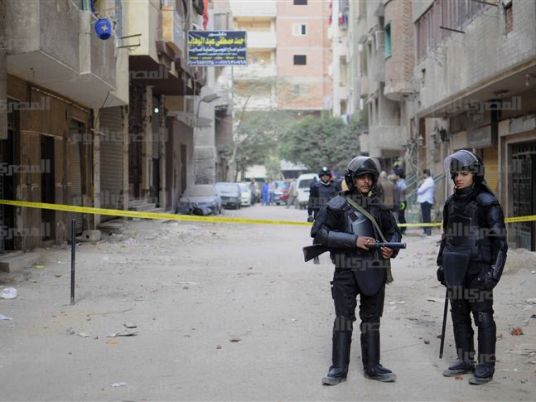
Mar 16, 2021 | News
On the first day of the trial before the eastern Cairo criminal military court of those accused in connection with the 2016 explosion in the Haram district of Giza, the ICJ calls on the Egyptian authorities to: investigate allegations of torture and other ill-treatment; ensure reparation for those arbitrarily detained; and end the trials of civilians before military courts.
“The case has been under investigation by the State Security Prosecution for more than five years, involving prolonged pre-trial detention and severe restriction on the right to legal counsel, in a flagrant violation of Egyptian and international law,” said Said Benarbia, the ICJ’s MENA Programme Director. “Detaining people pending trial for that length of time makes this case yet another example of how the authorities are using pre-trial detention as a tool of repression and to punish, in violation of Egypt’s obligations under international human rights law”.
In January 2016, hundreds of people were arrested, and some forcibly disappeared in connection with an explosion in the Haram district of Giza that killed seven police officers and four civilians, and injured 15 others.
A number of those detained have reportedly been subjected to ill-treatment and denied fair trial rights guaranteed by Egyptian and international law, including the right to receive family visits. In addition, to the ICJ’s knowledge, while all the accused may have briefly met their lawyers in highly restrictive circumstances at the state prosecution office each time they have been remanded into custody, over the years, they have been denied their right to legal counsel before trial as their lawyers have not been allowed to visit them in prison.
The ICJ calls on the Egyptian authorities to investigate the incidents of enforced disappearance, ill-treatment and other human rights violations with a view to bring those responsible to justice.
“Notwithstanding the gravity of the charges involved, civilians should not be brought before military courts,” said Benarbia. “the jurisdiction of military courts should be limited to trials of military personnel in cases of strictly military offences; it should not extend to crimes over which civilian courts have jurisdiction, human rights violations or crimes under international law,” he added.
Contact
Said Benarbia, Director, ICJ Middle East and North Africa Programme, t: +41-22-979-3817; e: said.benarbia(a)icj.org
Asser Khattab, Research and Communications’ Officer, ICJ Middle East and North Africa Programme, e: asser.khattab(a)icj.org
Download
Press release in English and Arabic.
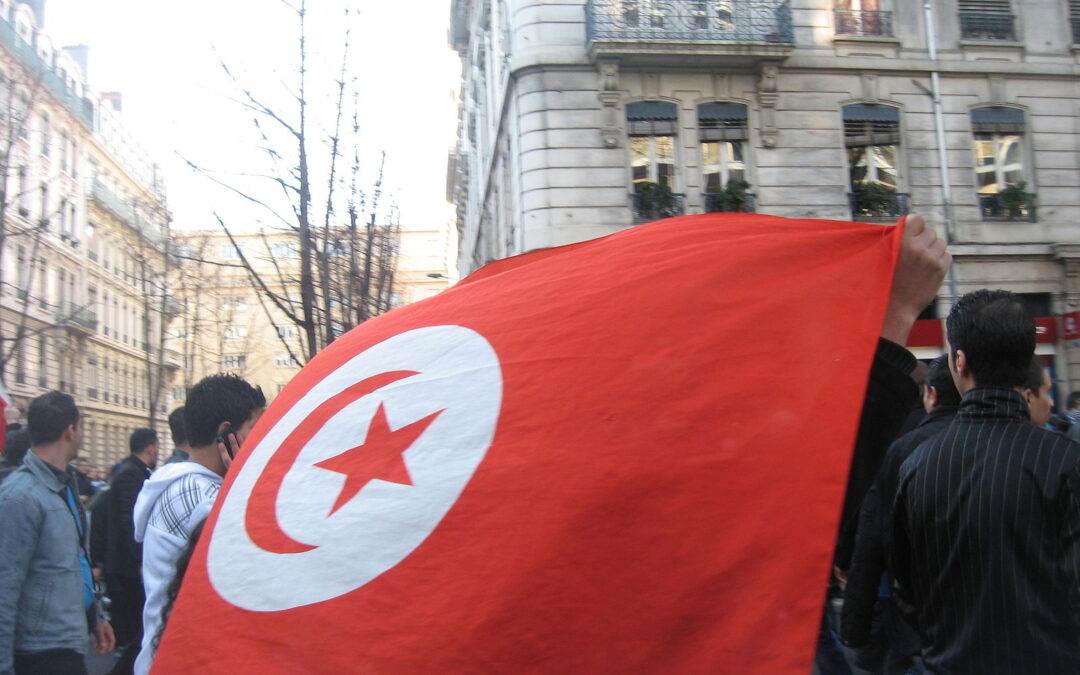
Mar 9, 2021 | News
Tunisian authorities must respect the rights to freedom of expression, association and peaceful assembly, and stop the systematic targeting of protesters, lawyers and civil society activists, said the ICJ today.
البيان الصحفي باللغة العربية مرفق أدناه
Since the outbreak of social justice protests on 15 January 2021, Tunisian security forces have systematically targeted protesters, including minors, lawyers and civil society activists.
Over the last weeks, reports of abuses at the hands of the Tunisian security forces have included: hundreds of arbitrary arrests; deaths in custody in disputed circumstances; physical assaults; rape and death threats; and refusing detainees access to legal counsel. While to date more than half of the people arrested since the beginning of the protests have been released, only a few prosecutions arising from the security forces’ systematic campaign of arrests have taken place, and hundreds of people are still in custody awaiting to be brought before a judge. According to the information available to the ICJ, individuals are being prosecuted under different charges, including “insulting the police” and “abuse of morals”.
“The systematic targeting of peaceful protesters and the other abuses that we have witnessed in recent weeks are clear instances of the wider impunity that Tunisian security forces have continued to enjoy over decades,” said Said Benarbia, the ICJ’s MENA Programme Director
“The Tunisian authorities should immediately halt these practices by reforming the country’s security legislation and open independent and impartial investigations into these abuses.”
To date, Tunisia has failed to adopt a comprehensive reform of its security legislation in line with the Constitution and the country’s obligations under international human rights law and standards.
As reported on multiple occasions, investigations into reports of human rights violations by Tunisian security forces have rarely led to successful prosecutions of perpetrators in the past. Moreover, while since 2018 prosecutions arising from police abuses committed under the previous regime have started before the Specialized Criminal Chambers, numerous obstacles continue to affect the progress of trials, and no verdict has been delivered to date.
“It is time for the Tunisian authorities to abide by the Constitution and international human rights law and standards and commit to a complete end to the security forces’ oppressive practices,” Benarbia added.
“Only by undertaking a full review of Tunisia’s security laws and bringing perpetrators of human rights violations to justice will the country be able to break this cycle of abuses and ensure full respect for fundamental freedoms and human rights.”
Contact
Said Benarbia, Director, ICJ Middle East and North Africa Programme, t: +41-22-979-3817; e: said.benarbia(a)icj.org
Valentina Cadelo, Legal Adviser, ICJ Middle East and North Africa Programme, e: valentina.cadelo(a)icj.org
Asser Khattab, Research and Communications’ Officer, ICJ Middle East and North Africa Programme, e: asser.khattab(a)icj.org
Download
Press release in English and Arabic.
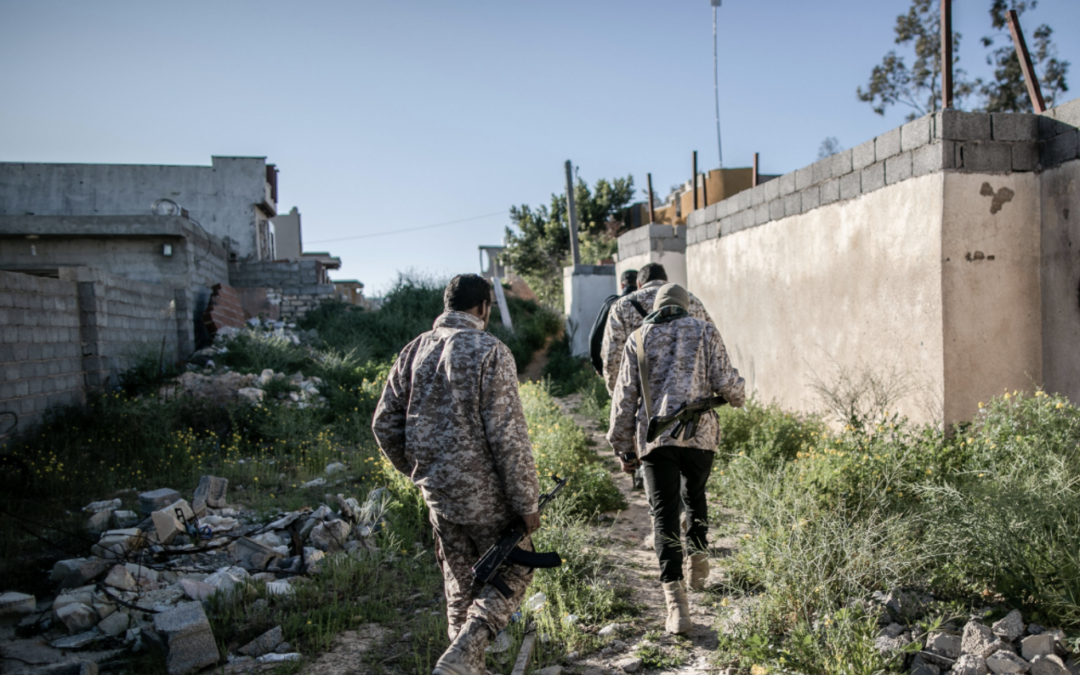
Mar 2, 2021 | News
Justice and accountability in Libya can only be achieved if activists and lawyers fully engage with and support the UN Independent Fact-Finding Mission on Libya (FFM) in documenting and collecting evidence of serious violations in the country, the ICJ said today.
To facilitate such engagement, the ICJ’s Question and Answer (Q&A) published today provides guidance for Libyan and international civil society actors on:
- the role and mandate of the FFM;
- the FFM’s relationship with other accountability mechanisms, such as the International Criminal Court (ICC);
- what the FFM may be expected to achieve; and
- how to engage with the FFM.
“The success of the FFM’s mandate rests largely on its ability to establish the facts about and collect evidence of violations and abuses of international human rights and humanitarian law perpetrated in Libya.”
“We urge lawyers, activists and civil society actors to fully support the FFM in achieving these objectives and bringing about the accountability that has so far eluded Libya.”
– Said Benarbia, the ICJ’s MENA Programme Director.
The FFM was established by the UN Human Rights Council on 22 June 2020 through resolution 43/39. Its mandate includes:
- Establishing facts and circumstances of the human rights situation throughout Libya;
- Collecting and reviewing relevant information;
- Documenting alleged violations and abuses of international human rights law and international humanitarian law, including any gendered dimensions of such violations and abuses; and
- Preserving evidence with a view to ensuring that perpetrators be held accountable.
While the FFM cannot conduct criminal investigations or prosecute individuals, the evidence preserved may be used by Libyan judicial authorities, the ICC, and third countries exercising universal jurisdiction.
The FFM has issued a call for submissions of relevant information and materials, the deadline for which is 30 June 2021.
Contact
Said Benarbia, Director, ICJ Middle East and North Africa Programme; t: +41 22 979 3817, e: said.benarbia(a)icj.org
Vito Todeschini, Legal Adviser, ICJ Middle East and North Africa Programme; t: +216 53 334 679, e: vito.todeschini(a)icj.org
Asser Khattab, Research and Communications Officer, ICJ Middle East and North Africa Programme; e: Asser.Khattab(a)icj.org
Download
Q&A on the UN International Fact-Finding Mission in English and Arabic.
Press Release in English and Arabic.
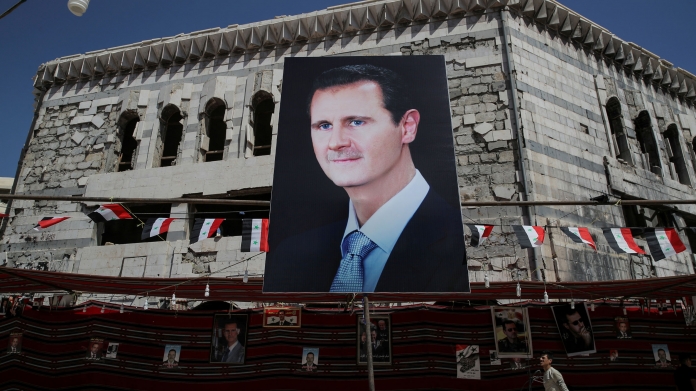
Feb 25, 2021 | News
The verdict of the Higher Regional Court in Koblenz, Germany, convicting a former Syrian official of crimes against humanity, is a significant breakthrough in the fight against impunity for the crimes committed in Syria over the last 10 years, the ICJ said today.
“For the first time since the beginning of the Syrian regime’s bloody, rampant and relentless repression, a Syrian official has finally been held to account for his participation in the regime’s crimes,” said Said Benarbia, Director of the ICJ’s MENA Programme. “While this may seem a small token for victims, it is a resounding warning for other Syrian officials that justice may soon catch up with them.”
On 24 February 2021, Eyad A. was found guilty of aiding and abetting crimes against humanity, including torture and arbitrary deprivation of liberty, and sentenced to four and a half years in prison. Among other things, his conviction is related to the detention of at least 30 Syrians after anti-government demonstrations erupted in March 2011.
“This is an important step in the fight for justice for victims and survivors of gross human rights violations in Syria,” said Bernabia.
Eyad A. was prosecuted together with Anwar R., the former director of investigations at Branch 251 — a Syrian intelligence branch in Damascus notorious for subjecting detainees to systematic torture and other ill-treatment.
Anwar R. was charged with supervising the systematic torture of over 4,000 people, which resulted in the death of 58 people between 2011 and his defection in 2012. His trial is still ongoing.
The proceedings against Eyad A. and Anwar R. were conducted under the principle of universal jurisdiction, which allows Germany and other States to prosecute an accused person for serious crimes under international law, even when such crimes have been committed abroad and neither the victims, nor the accused are nationals of that country.
“States must act individually and collectively to fill the accountability gap in Syria,” added Benarbia. “They must support United Nations accountability mechanisms, including the IIIM, and seek out, prosecute and punish those responsible for the atrocities committed in the country.”
Contact
Said Benarbia, Director, ICJ Middle East and North Africa Programme, t: +41-22-979-3817; e: said.benarbia(a)icj.org
Asser Khattab, Research and Communications Officer, ICJ Middle East and North Africa Programme, e: asser.khattab(a)icj.org
Download
Syria-Impunity-Statement-2021-ENG (in English)
Syria-Impunity-Statement-2021-ARA (in Arabic)
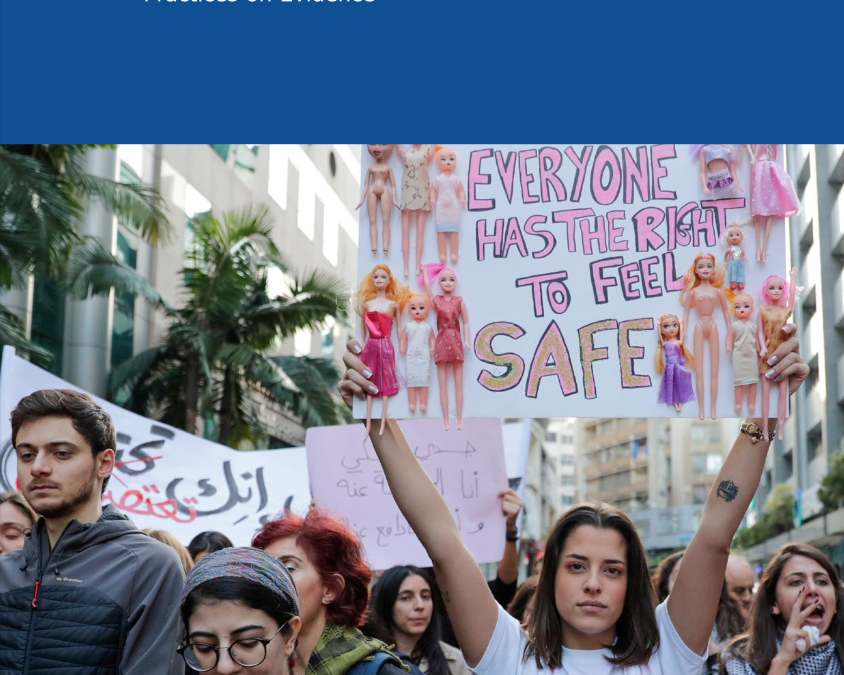
Feb 18, 2021 | Advocacy, News, Publications
In a memorandum released today, the ICJ published guidance and recommendations aimed at assisting Lebanon’s criminal justice actors in addressing significant gaps in evidentiary rules, practice and procedures undermining the investigation, prosecution and adjudication of sexual and gender-based violence (SGBV) crimes in the country.
The 42-page memorandum, Sexual and Gender-based Violence Offences in Lebanon: Principles and Recommended Practices on Evidence (available in English and Arabic), aims to advance accountability and justice for SGBV, and is especially designed for investigators, prosecutors, judges and forensic practitioners.
“Criminal justice actors are indispensable to eradicating harmful practices and curbing entrenched impunity for SGBV in Lebanon,” said Said Benarbia, Director of the ICJ’s Middle East and North Africa Programme.
“Rather than buying into false, stereotyped narratives that impugn survivors’ credibility and call into question their sexual history, the criminal justice system must adopt and enforce gender-sensitive, victim-centric evidence-gathering procedures that put the well-being of SGBV survivors at the forefront.”
The memorandum provides criminal justice actors with guidance and recommendations on the identification, gathering, storing, admissibility, exclusion and evaluation of evidence in SGBV cases, as well as on their immediate applicability in practice, pending consolidation and reform of Lebanon’s existing legal framework and procedures for the investigation, prosecution and adjudication of SGBV offences.
“Lebanon’s legal framework fosters and perpetuates a systematic denial of effective legal protection and access to justice for women survivors of SGBV,” said Benarbia. “The justice system must counter harmful gender stereotypes and attitudes rooted in patriarchy, which continue to undermine survivors’ right to effective remedies.”
The memorandum’s release is particularly timely given the escalation of SGBV witnessed since the outbreak of the COVID-19 pandemic.
The memorandum builds on previous research undertaken by the ICJ in this area, including Gender-based violence in Lebanon: Inadequate Framework, Ineffective Remedies and Accountability for Sexual and Gender-based Violence in Lebanon: Guidance and Recommendations for Criminal Justice Actors.
Download
Lebanon-GBV-Memorandum-2021-ENG (Memorandum in English)
Lebanon-GBV-Memorandum-2021-ARA (Memorandum in Arabic)
Lebanon-GBV-Web-Story-2021-ARA (Web story in Arabic)
Lebanon-GBV-Web-Story-2021-ENG (Web story in English)
Contact:
Said Benarbia, Director, ICJ Middle East and North Africa Programme, t: +41-22-979-3817; e: said.benarbia(a)icj.org
Asser Khattab, Research and Communications’ Officer, ICJ Middle East and North Africa Programme, e: asser.khattab(a)icj.org









